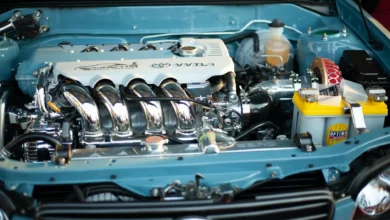Make Sure Your Battery Is Healthy

The impact of the MCO saw car battery failures increased to the highest level, in a while. While this has mainly affected older cars, motorists with newer cars have also found their batteries struggling. The number of fleet cars such as company cars requiring new batteries has increased compared to the same period last year. This is a significant indicator of the extent of the problem as not only are fleet owned cars newer than the average, they are more likely to have advanced batteries. This is to support ‘start-stop’ technology to keep their batteries healthy.
Here’s some tips for motorists on how to avoid encountering battery problems and making sure your battery is healthy:
1. If you are not using your car at all, start the car once or twice a week and let the engine run for at least 15 minutes. Stay in your car when you are doing this.
2. Bear in mind that a colder engine takes more out of the battery to start, so if possible start your car during the warmer part of the day rather than first thing in the morning.
3. Check under the bonnet and inspect the battery terminals for signs of corrosion. Clean any corrosion and residue away from the terminals to allow a good clean connection with the battery.
4. If your car is parked in a driveway, consider buying a trickle charger which can be plugged into the mains and keep your battery charge topped up.
5. Check your battery’s age, most batteries are stamped with date codes and a battery more than five years old may be at risk of failure, especially if the car is only making short or infrequent trips.
For all motorists who are back on the road, be sure to visit your service center to ensure your battery is healthy, when possible. You can also sell your car with myTukar today!




